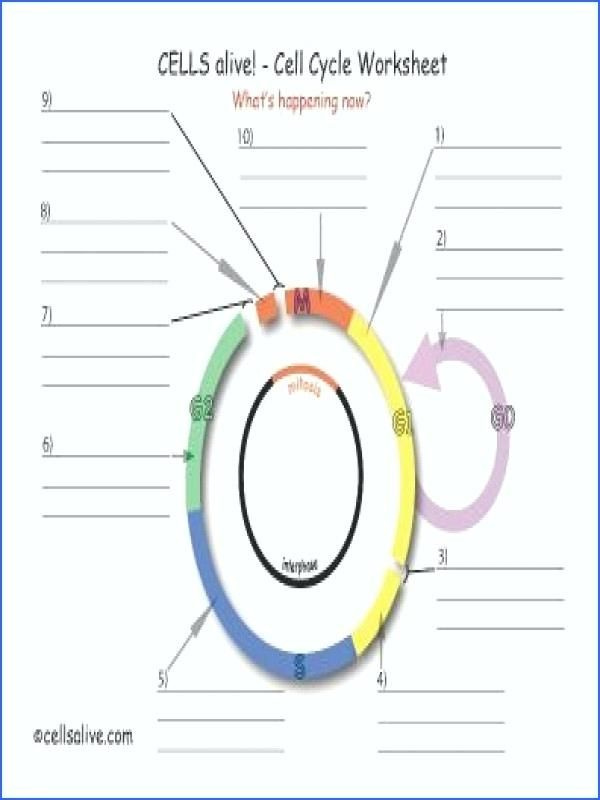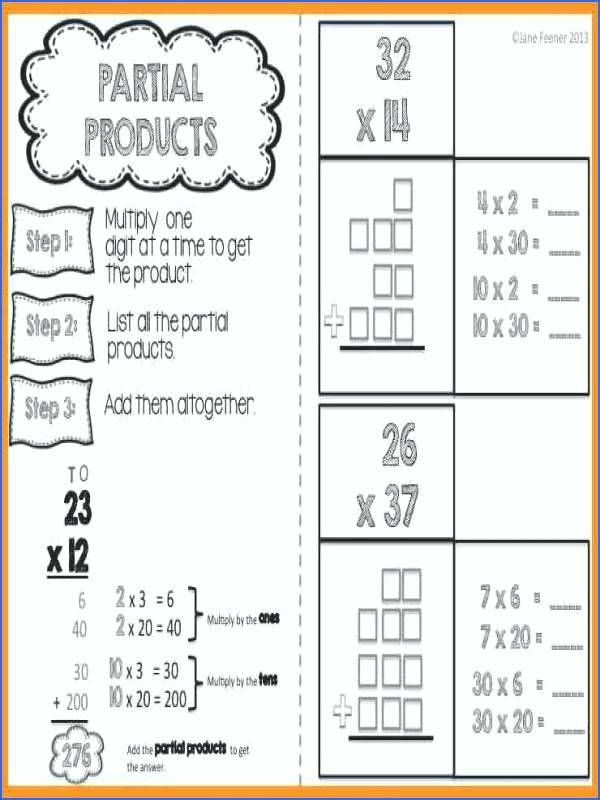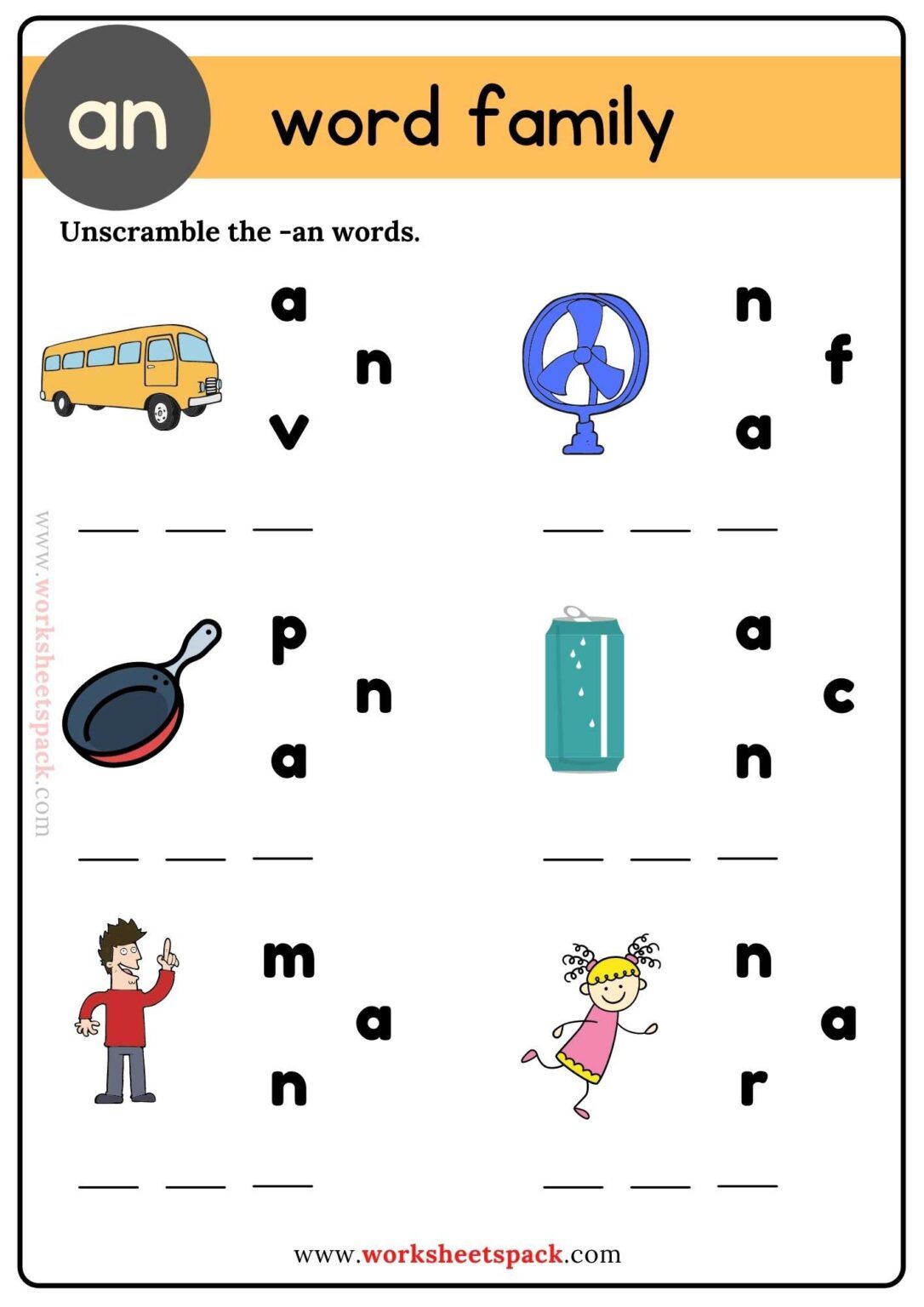5 Ways to Master Abstract and Concrete Nouns
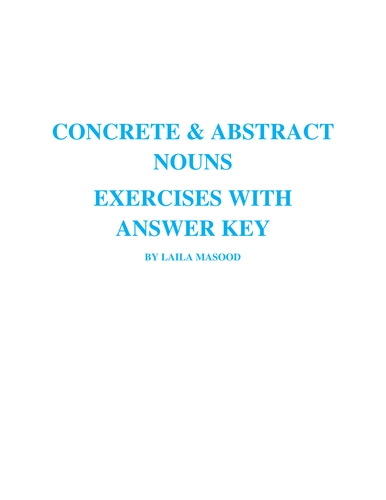
Understanding the difference between abstract and concrete nouns is crucial in effective communication, whether in writing or speaking. While concrete nouns represent tangible objects that can be perceived through our senses, abstract nouns denote intangible concepts, emotions, or ideas. Mastering both types of nouns can enhance your vocabulary, improve your expression, and make your communication more engaging. Here are five ways to master abstract and concrete nouns:
1. Identify and Understand Concrete Nouns
Concrete nouns are objects, animals, or substances that can be perceived through our senses. They can be further divided into categories such as:
- Animals (dog, cat, elephant)
- Plants (tree, flower, grass)
- Objects (book, chair, table)
- Food (apple, pizza, sushi)
- Natural Features (mountain, river, lake)
To master concrete nouns, start by learning the names of common objects, animals, and plants around you. Practice using these nouns in sentences to improve your vocabulary and expression.
2. Grasp the Concept of Abstract Nouns
Abstract nouns, on the other hand, represent intangible concepts, emotions, or ideas. They can be categorized into:
- Emotions (happiness, sadness, anger)
- Ideas (freedom, justice, equality)
- Concepts (time, space, energy)
- States (peace, war, love)
- Events (birthday, wedding, graduation)
To master abstract nouns, focus on understanding the concepts and ideas they represent. Learn to recognize and use abstract nouns in context, as they can add depth and complexity to your language.
3. Practice Using Both Types of Nouns in Sentences
The key to mastering abstract and concrete nouns is to practice using them in sentences. Start by creating simple sentences that combine both types of nouns. For example:
- The dog (concrete) feels happiness (abstract) when playing fetch.
- The book (concrete) is about freedom (abstract).
- The teacher (concrete) explained the concept of time (abstract) to the students.
As you become more comfortable, try creating more complex sentences that incorporate both types of nouns.
4. Learn to Recognize Nouns in Context
Reading and listening to various texts can help you recognize nouns in context. Pay attention to how abstract and concrete nouns are used in different sentences and passages. Identify the nouns and categorize them as abstract or concrete.
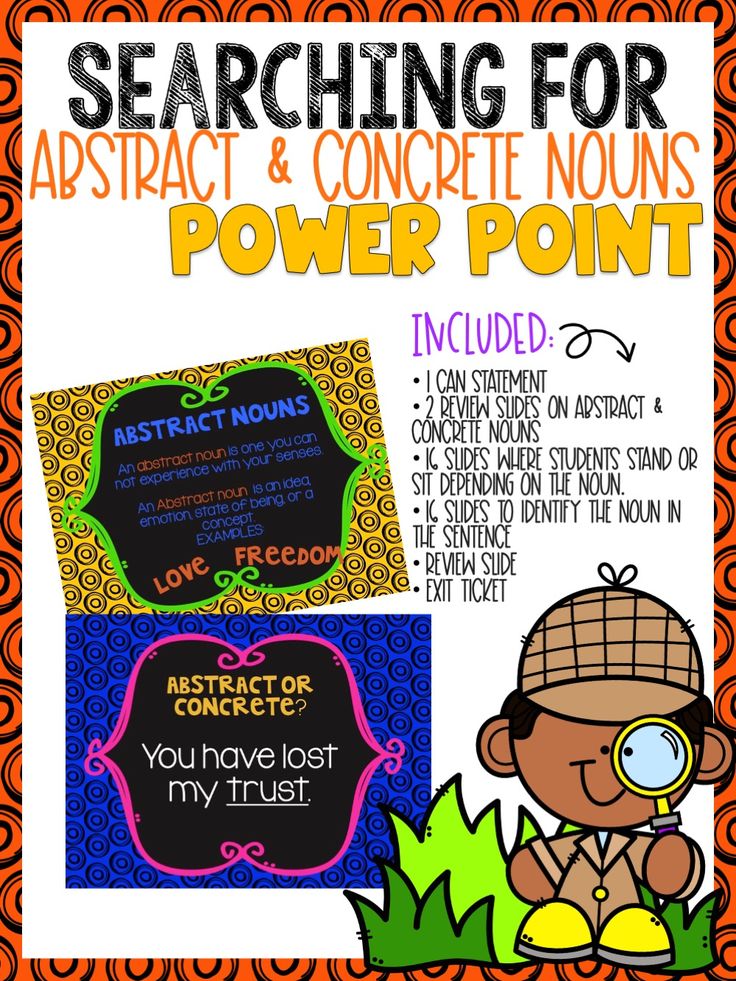
| Noun | Type | Context |
|---|---|---|
| Dog | Concrete | The dog is barking loudly. |
| Happiness | Abstract | The couple felt happiness on their wedding day. |
| Mountain | Concrete | The hikers climbed to the top of the mountain. |
| Energy | Abstract | The company aims to reduce its energy consumption. |
5. Play Word Games and Activities
Engaging in word games and activities can make learning abstract and concrete nouns more enjoyable and interactive. Try the following:
- Create flashcards with nouns on one side and their meanings or examples on the other.
- Play word association games, where you match concrete nouns with abstract nouns (e.g., dog → happiness).
- Write short stories or poems that incorporate both types of nouns.
- Play noun-themed games like Scrabble or Boggle.
By following these five ways to master abstract and concrete nouns, you can improve your vocabulary, expression, and communication skills.
After mastering the difference between abstract and concrete nouns, remember to apply your knowledge in context. Practice using both types of nouns in your writing and speaking to convey your ideas more effectively.
Creating a vocabulary notebook or flashcards can help you remember and review the nouns you’ve learned. Also, try to engage in conversations with native speakers to improve your pronunciation and get feedback on your usage.
What is the difference between abstract and concrete nouns?
+Concrete nouns represent tangible objects that can be perceived through our senses, while abstract nouns denote intangible concepts, emotions, or ideas.
How can I practice using abstract and concrete nouns in sentences?
+Start by creating simple sentences that combine both types of nouns, and then try creating more complex sentences as you become more comfortable.
What are some examples of abstract nouns?
+Examples of abstract nouns include emotions (happiness, sadness, anger), ideas (freedom, justice, equality), concepts (time, space, energy), and states (peace, war, love).
